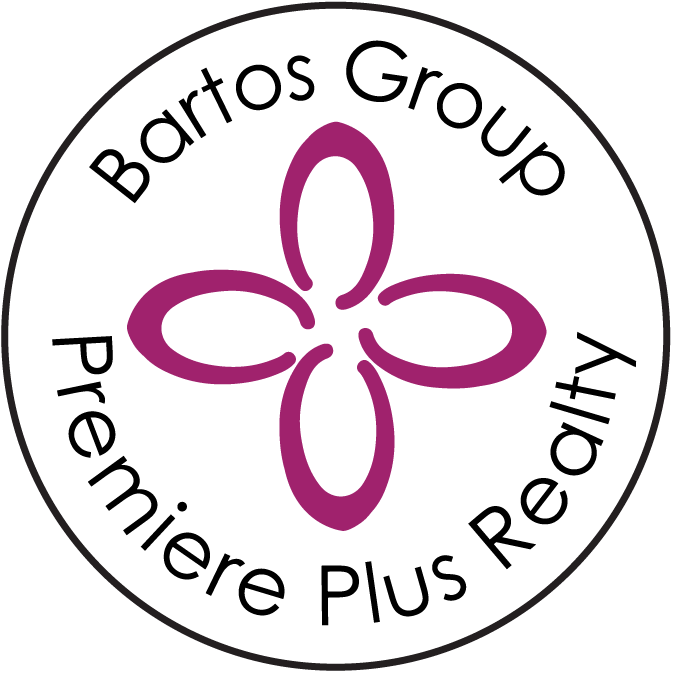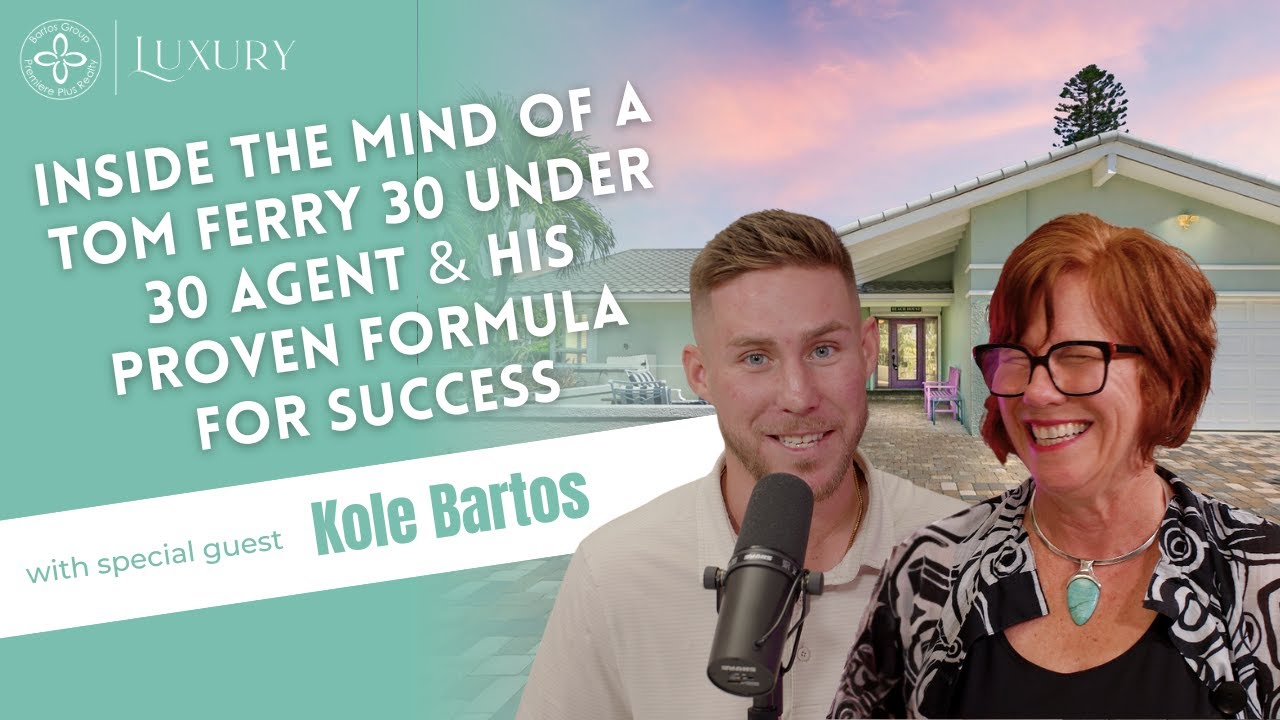
This article dives into the most valuable lessons from a conversation hosted by the Bartos Group featuring Kole Bartos, a Tom Ferry 30 Under 30 honoree. Readers will find a pragmatic guide that translates mindset, routines, and tactics into repeatable steps for anyone aiming to build a sustainable career and achieve success in the real estate industry. The piece preserves the conversational warmth of the original speakers while clarifying the what, why, and how behind each recommendation.
Kole Bartos’ Core Strategy for Success
Kole’s approach to success starts with two foundational ideas: build a team and treat the work like a career. He emphasizes that success is not an accident or a secret trick; it’s the result of systematized effort. Kole makes a clear distinction between people who want to “work for themselves” and professionals who commit to working every day. For Kole, showing up—five days a week, with prospecting and follow-up on the calendar—is non-negotiable.
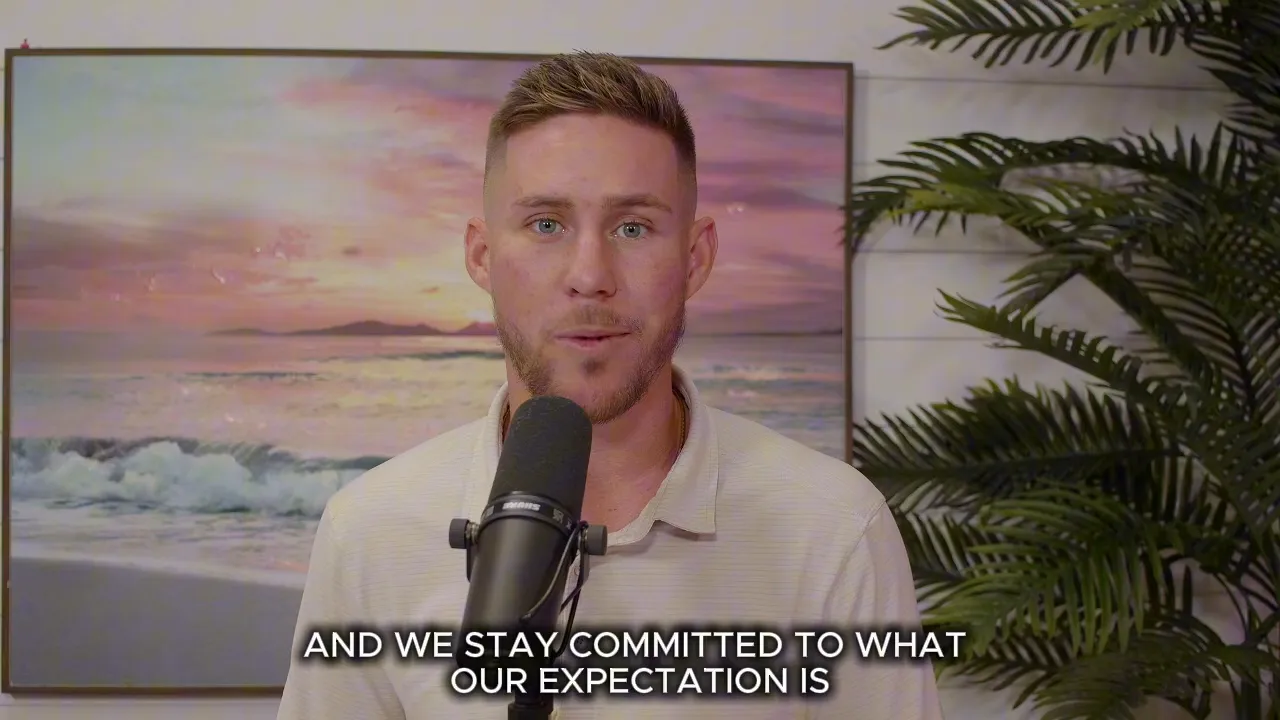
Join a Team and Delegate the Friction
Kole explains that a team allows an individual to focus on high-leverage activities—conversations, negotiations, and client relationships—while delegating administrative tasks such as contract projects, paperwork, and emails. He is candid: he enjoys talking to people and converting conversations into appointments, but he’s not interested in getting bogged down in paperwork. That division of labor creates capacity and prevents burnout, both essential to consistent success in the real estate industry.

Daily Habits and the Power of Routine
Routine is the engine behind Kole’s results. He sets a daily minimum of conversations—twenty people per day—and treats that like a metric, not a hope. This routine produces appointments, which become pending deals and eventually closings. The principle is simple: consistent activity produces predictable outcomes. That predictability is what separates sporadic earners from professionals focused on success in the real estate industry.
Kole’s recommended morning routine includes a win before work—typically exercise—so personal well-being doesn’t bleed into business. This disciplined preparation improves mood, focus, and performance throughout the day. In short: habit fuels performance, and performance compounds into reputation and results.
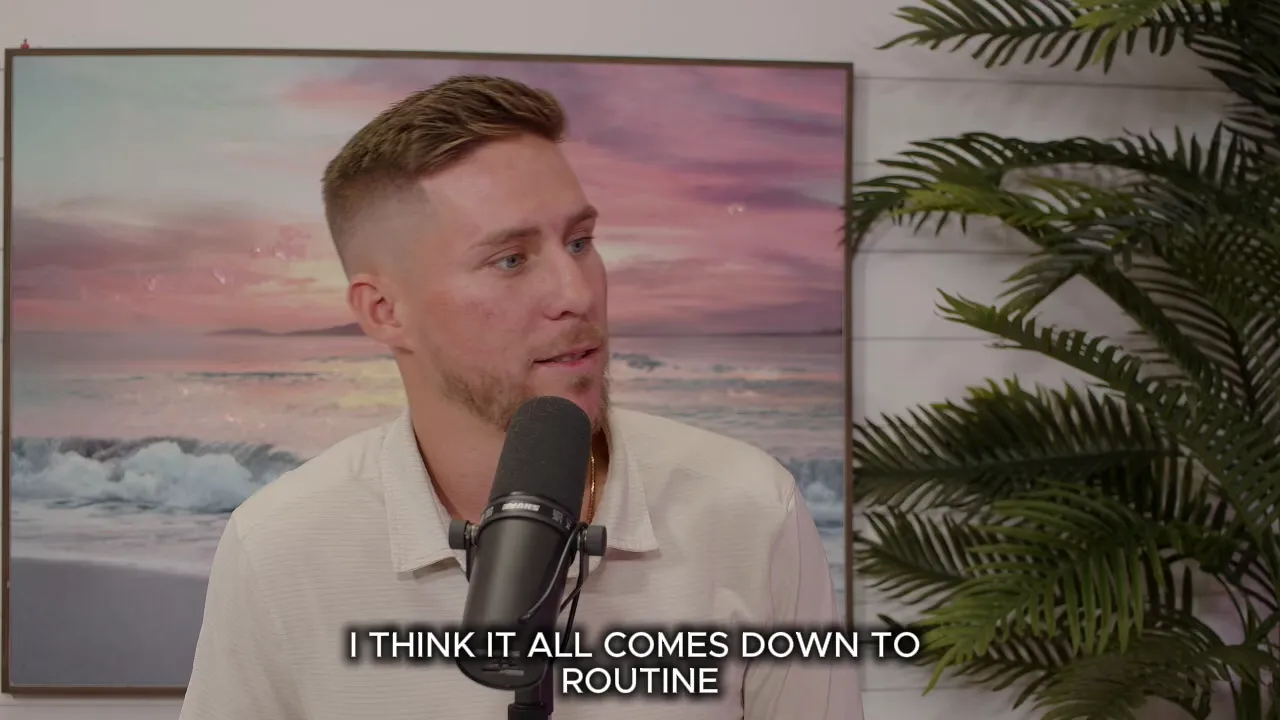
Be the Knowledge Broker
One of the most important role-shifts Kole describes is positioning the agent as a knowledge broker. Instead of pushing a transaction, the agent helps homeowners understand their equity, timelines, and all available options: sell, rent, refinance, hold, or invest. Advising—rather than selling—builds trust and long-term relationships. This client-first approach is a cornerstone of sustainable success in the real estate industry.
CRM Tasks and the Art of the Follow-Up
Kole and his team leverage their CRM to set tasks and reminders that keep prospects in the loop. The owner’s job is not to remember to call; the agent’s job is to reach out proactively. For new agents who don’t immediately grasp what a “task” is, Kole advises treating tasks as scheduled touch points: a reminder to call when a prospect said they’d evaluate their home value in six months, or an alert to follow up before a buyer’s anticipated visit. Tasks turn passive interest into tracked opportunities.
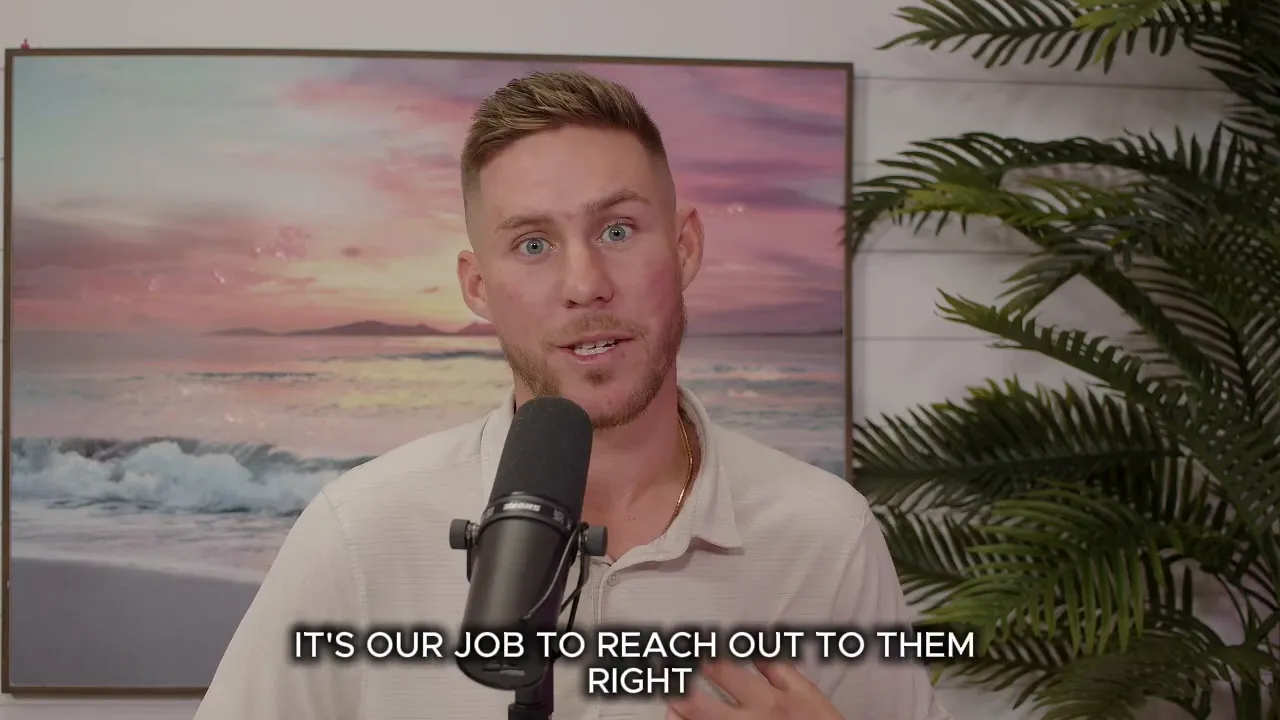
Make Follow-Up Your Money-Making Machine
“The money is made in the follow-up,” Kole says simply. Daily touches—emails, calls, texts—compound. A prospect that seemed lukewarm two months ago can convert after a persistent, helpful touchpoint. Repetition, when paired with value and context, turns awareness into action. This consistent outreach is a reliable engine of success.
Work-Life Balance and Accountability
Real estate demands long hours and emotional labor, but Kole recommends building routines and systems to prevent work from swallowing personal life. He stresses the importance of accountability through team culture: teammates track each other’s numbers, run friendly competitions, and create social pressure to perform. Accountability reduces the psychological friction of discipline—no one wants to be the teammate who missed their daily goals.
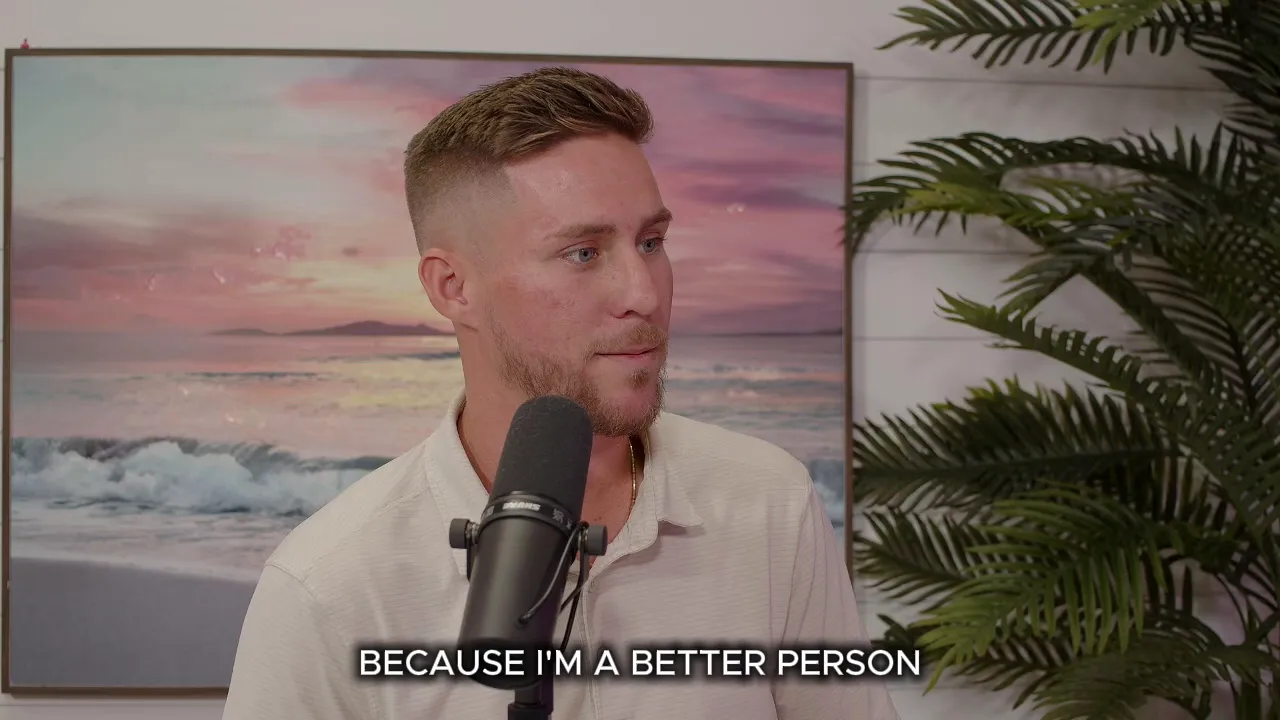
Friendly competitions—bets on who will hit their metrics for the day—are not just playful; they are practical tools to keep motivation high. Salespeople are competitive by nature; channeling that trait into team games can sustain effort when intrinsic motivation wanes. This human element is essential for long-term success.
Know the Numbers: Convert Activity Into Income
Kole treats his business like a math problem. If he wants to net X closings or Y dollars, he breaks that down into how many appointments are needed, how many conversations produce one appointment, and how many appointments become a pending sale. This reverse-engineering removes guesswork and creates daily activity targets. Numbers answer the question: “What must I do today to get the outcome I want?”
- Decide your annual income target.
- Calculate average commission per deal.
- Estimate conversion rates: conversations → appointments → pendings.
- Set daily conversation goals and task reminders.

When activity is mapped to outcomes, every call and task becomes intentional. This discipline is essential if one wants to scale beyond inconsistent success and achieve true SUCCESS IN THE REAL ESTATE INDUSTRY.
Client-First Mindset: No “Commission Breath”
Kole and Mary often remind agents that focusing solely on closing a deal (what Mary jokingly calls “commission breath”) undermines long-term relationships. The agent’s role is to be an advisor—white-glove service that helps clients evaluate options, even if that means recommending not to sell right now.
“You don’t have to have commission breath if you want to still make money.”
The advisor approach builds trust and referrals. If an agent prioritizes what’s best for the client—whether that’s renting a property, improving insurance coverage, or waiting for a better market window—they earn loyalty. Over time, that loyalty wins more business than a short-term sales push ever could. Practicing this mindset is a cultural shift that powers long-term success in the real estate industry.
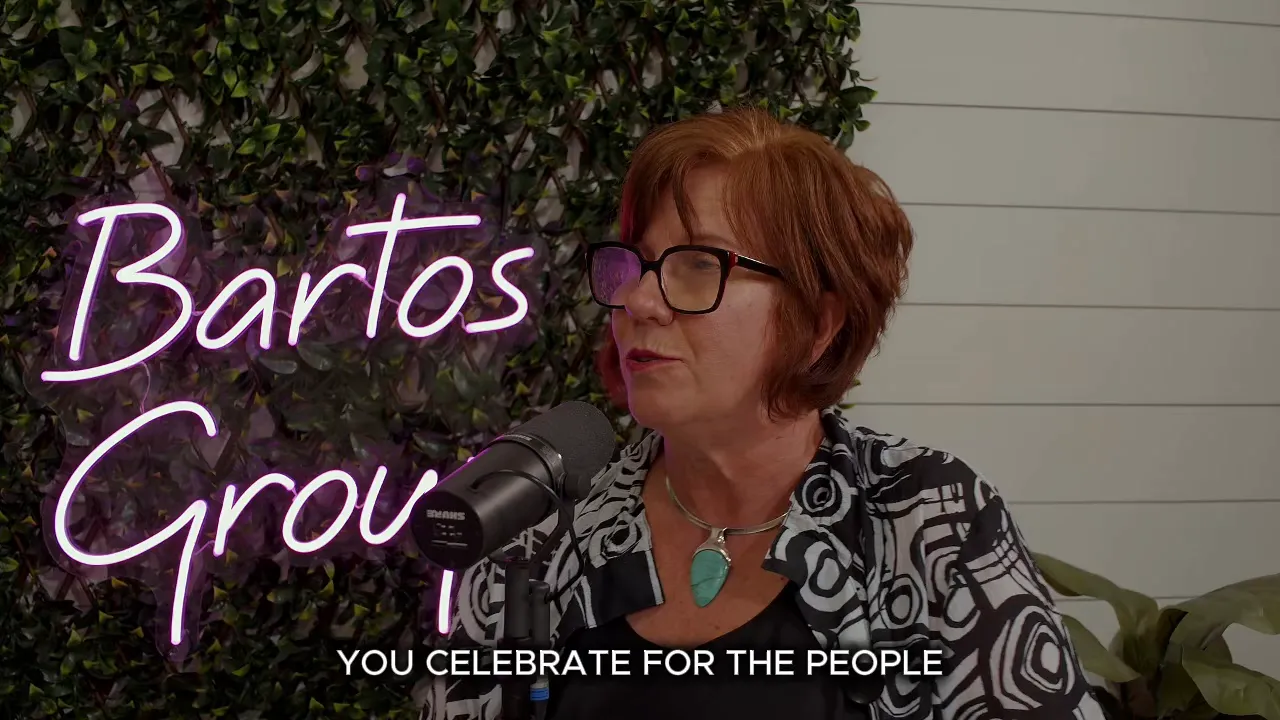
Culture, Collaboration, and Choosing the Right Circle
Kole echoes a simple truth: your income tends to mirror the five people you spend the most time with. He recommends surrounding oneself with people who model the behaviors and results one seeks. That’s why team collaboration and mentorship matter. The Bartos Group offers panels, training, and forums to help agents surround themselves with high performers—an intentional move to accelerate success in the real estate industry.
Practical Checklist: Actionable Steps to Implement Today
- Set a daily conversation minimum (start at 10–20 calls).
- Create CRM tasks for every lead with scheduled follow-ups.
- Design a morning routine that includes physical activity to start the day strong.
- Map income goals to required appointments and daily activity.
- Run weekly accountability checks with teammates or a coach.
- Practice advisory conversations—focus on options, not just transactions.
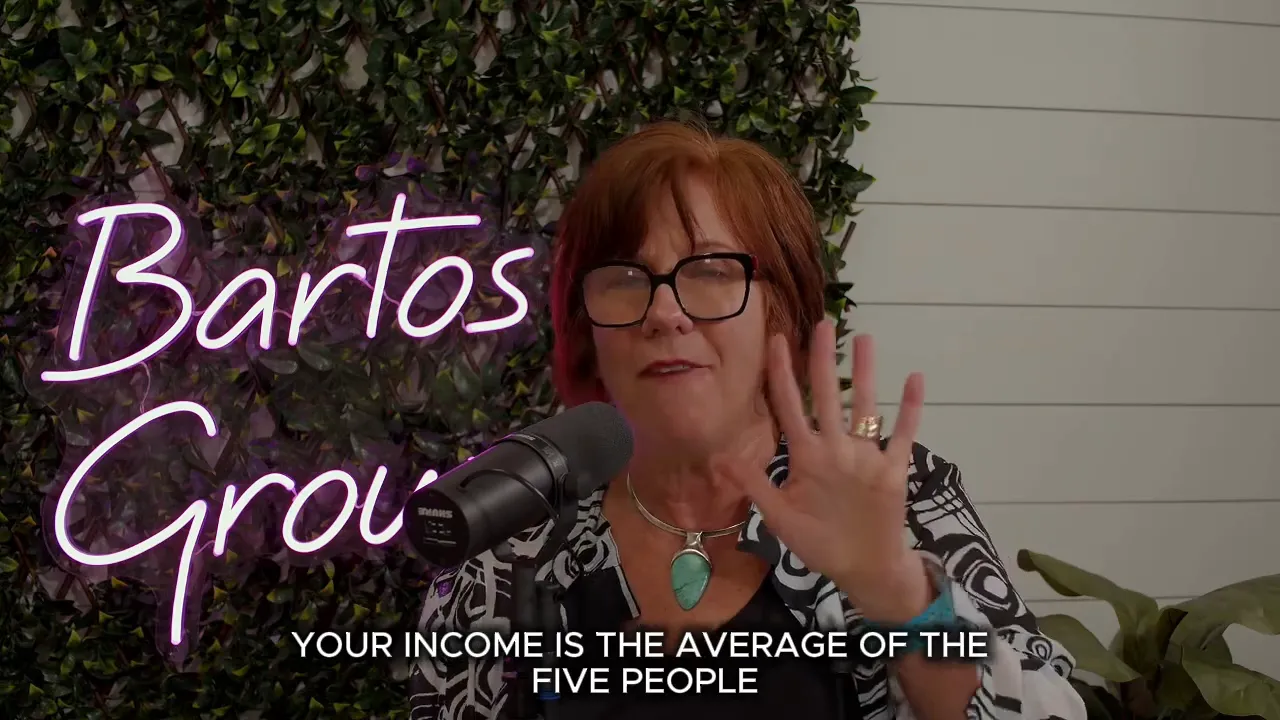
How to Learn More and Join the Conversation
The Bartos Group maintains an open, collaborative environment where agents can learn the mechanics of prospecting, CRM discipline, and client advising. Kole and his team host panels and training sessions where new and experienced agents can ask questions and observe proven workflows. For anyone serious about rising in the field, engaging with experienced peers is one of the fastest routes to success in the real estate industry.
Conclusion
Kole Bartos’ formula is straightforward but not easy: show up, systematize your day, know your numbers, protect your mindset, and be a trusted advisor. He demonstrates that consistent, disciplined behavior—supported by a team and a clear CRM process—creates predictable outcomes. Agents who adopt these practices will not only improve their income trajectory but will also cultivate a business that lasts.
To summarize, the pathway to success in the real estate industry requires routine, accountability, customer-first advising, and continuous measurement. Those elements, combined with persistence, make success replicable rather than accidental.
For agents who want to get serious about results, Kole’s playbook is a practical roadmap: treat real estate like a career, delegate the friction, track every relationship, and always ask how you can be of service.
FAQs:
What is the single most important daily habit for long-term success?
Consistent outreach—talking to a set number of people daily and following up with scheduled CRM tasks. This habit converts into appointments and, over time, into closed transactions.
How does a CRM task differ from a casual note?
A CRM task is a scheduled, trackable action tied to a contact with a deadline and context. It ensures proactive contact and prevents opportunities from slipping through the cracks.
Why is it important to be an advisor rather than a salesperson?
Advisory behavior builds trust, leads to better long-term relationships, and generates referrals. A client-focused approach often yields more and higher-quality business than a short-term transactional focus.
How should new agents set their activity goals?
Start by defining income goals, estimate commissions per deal, and reverse-engineer required appointments and conversations. Then set daily targets for calls and tasks that map to those outcomes.
Can competition and fun really improve performance?
Yes. Friendly competitions and gamified goals keep motivation high and create social accountability that helps maintain consistent effort when motivation dips.
What’s the role of team culture in achieving success?
Team culture provides accountability, collaboration, mentorship, and shared resources. Surrounding oneself with high performers accelerates learning and raises the standard for daily behavior.
How does this approach lead to success in the real estate industry?
By combining routine activity, CRM discipline, team support, advisory conversations, and measurement, agents create predictable pipelines and repeatable success. Those systems scale better than sporadic effort.
Contact Us Today! |
|
Providing you the experience you deserve! |
| Click me |
